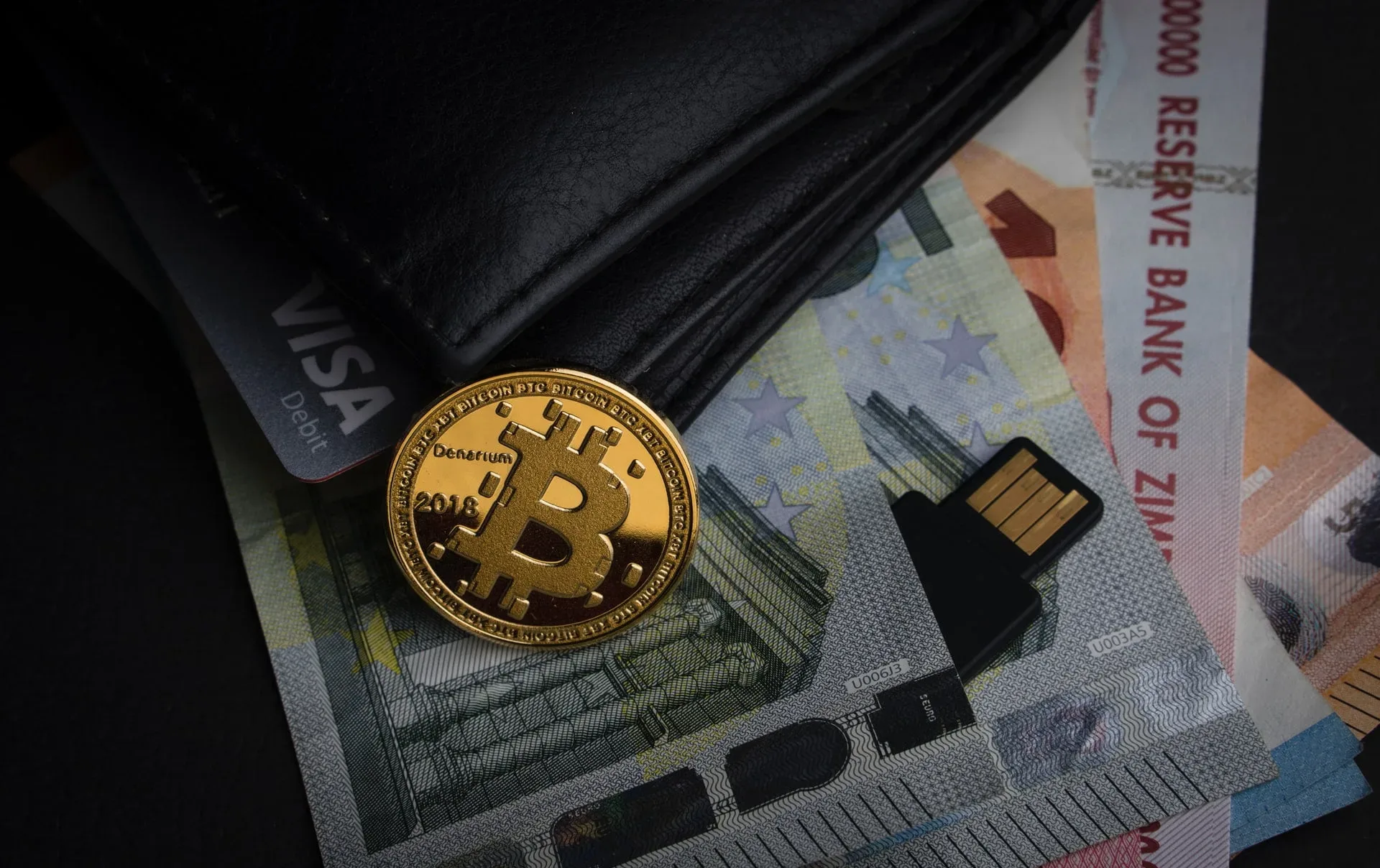Are you wondering if there are countries with strict Bitcoin restrictions? Here is a list of countries with severe Bitcoin restrictions.
Bitcoin has remained controversial since its inception in 2009, as having the subsequent cryptocurrencies that followed in its wake. While it is receiving some criticism widely due to its volatility, use in nefarious transactions, and the excessive use of electricity to mine it, crypto is being seen by some, particularly in the developing world, as a safe harbor during economic storms.
El Salvador made history when it pioneered by embracing this digital money as a legal cryptocurrency in September 2021, followed by the Central African Republic in April 2022. Many people have turned to this digital money as an investment or a trading commodity. However, criticism of this crypto has continued to manifest in various restrictions on its usage. The legal status of this virtual currency varies substantially from country to country, while in some, the relationship remains properly defined or constantly changing. The people of El Salvador can buy and sell this digital money quickly.
Some countries have limited the way this virtual currency can be used, with banks banning their customers from making this digital money transaction. On the other hand, some nations have a tense relationship with Bitcoin, and they include:
China
China has cracked down on virtual currencies with increasing intensity throughout 2021. Chinese officials have repeatedly warned its people to stay clear of this digital currency market and have closed down on mining in the country and currency exchanges in China and overseas.
On August 27, Yin Youping, the Deputy Director of the Financial Consumer Rights Protection Bureau of China, referred to crypto as speculative assets and warned people to protect their wallets. Efforts to undermine this digital asset, a decentralized currency outside the control of governments and institutions, are primarily seen as an attempt by the Chinese authorities to float their e-currency.
The PBoC wants to be among the first major central banks in the world to launch its digital currency and, in doing so, would be able to monitor the transactions of its people more closely. On September 24, the PBoC banned virtual currency transactions in the country.
Iran
The Iranian government and Bitcoin relationship is complex. This country has turned to the lucrative practice of Bitcoin mining to finance imports and evades the worst impact of crippling economic sanctions. While the Central Bank prohibits trading cryptocurrencies mined overseas, it has incentivized Bitcoin mining in the country.
Around 4.5% of the world’s Bitcoin mining takes place in Iran, which, according to blockchain analytics from Elliptic, could account for revenues of over $ I billion.
Furthermore, Iran has offered licensed miners cheap energy for the crypto industry to flourish but requires them to sell all mined cryptos to the Central Bank. However, unlicensed mining drains more than 2GW from the national grid daily, causing power shortages. To this end, Iranian authorities issued a four-month ban on virtual money mining until September 22.
Iraq
Despite sustained efforts by authorities to block their use, cryptocurrencies are becoming increasingly popular in Iraq. The Iraqi Central Bank has been particularly hostile, starting in 2017 by prohibiting their use, and the ban is still in force today. In early 2021, the ministry of interior of the Kurdistan regional government issued similar guidance to stop money brokerages and exchanges handling crypto.
North Macedonia
North Macedonia is the only European country to officially ban cryptocurrencies such as Bitcoin and Ethereum.
The Bottom Line
Several countries regulate Bitcoin significantly. Top among these nations include those highlighted in this article. Algeria, Bolivia, Egypt, and Indonesia are not too kind to this digital asset.





Countries with Strict Bitcoin Restrictions and Regulations by Jazib Zaman
#Cryptocurrency #TechPolicy #BitcoinRegulations #BitcoinRestrictions #CountriesBannedBitcoin
https://t.co/dAZvTVvvd6 https://t.co/gqPwdaBWkP
Have you guys heard about $LOGE ?
Presale: August 29th
Audited by Interfi
Walk-to-Logedor app!
Have a look here: https://t.co/69zOgjpyGU
#LOGE of the Rings is the most innovative LOTR project to date Your adventure begins now
LOGE LOTR RingsOfPower #LordOfTheRings #BSC